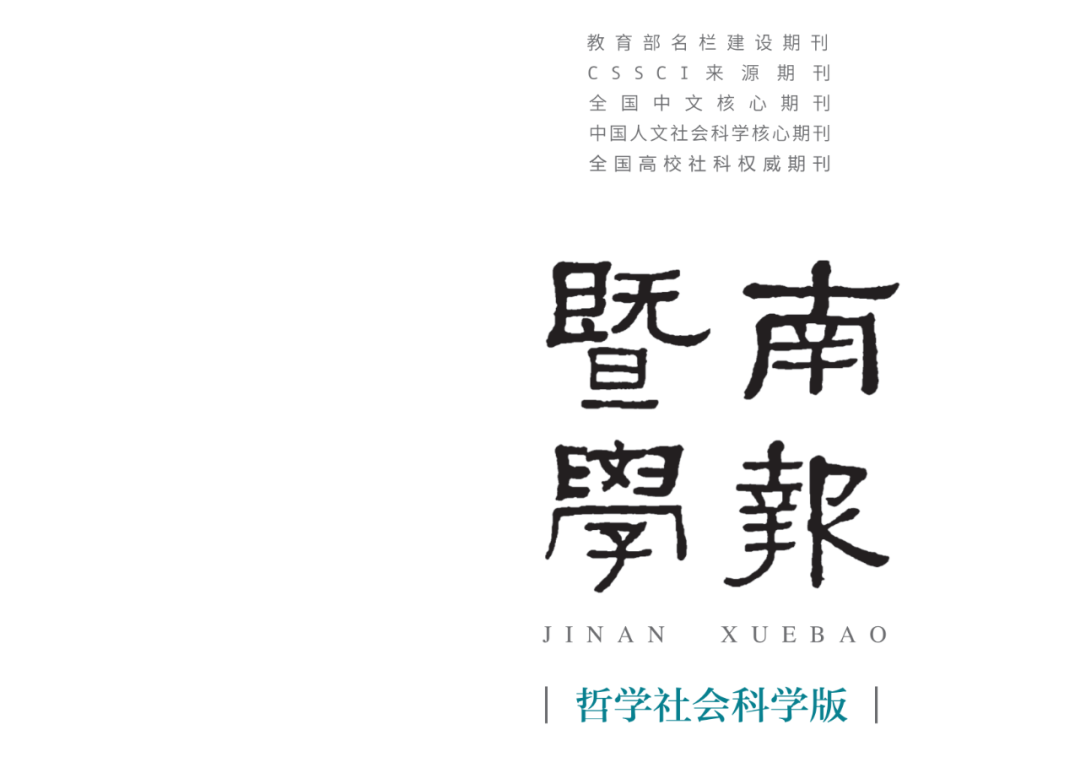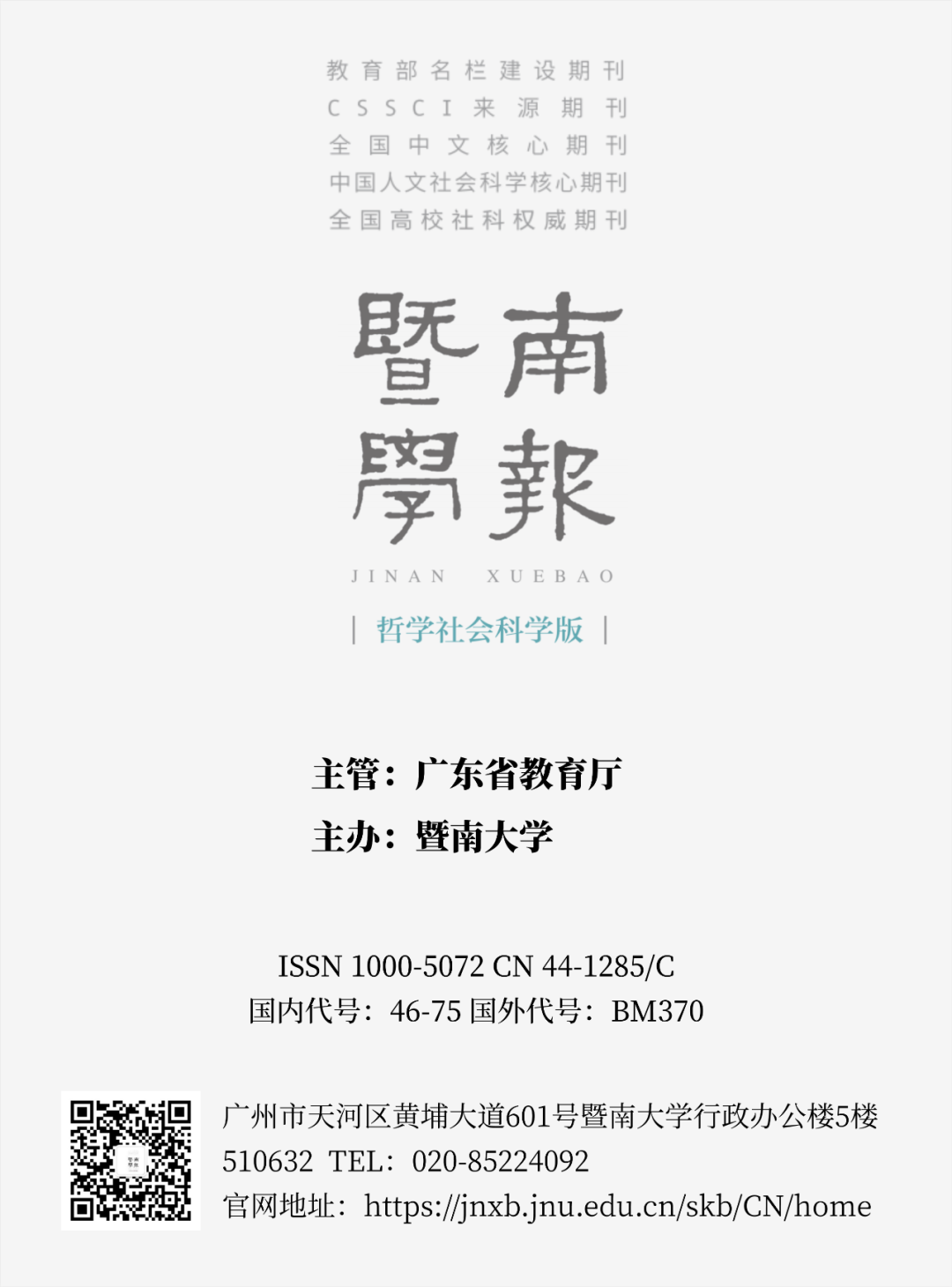
作者 | 顾乃华, 廖桂铭(暨南大学产业经济研究院)
原文标题 |《以目标引领推动产业政策转型》
首发于暨南学报(哲学社会科学版)2023年第7期
该文被《新华文摘》2023年第24期和人大复印资料《国民经济管理》2024年01期转载
为充分发挥市场在资源配置中的决定性作用,政府需推动产业政策不断由选择性向市场友好型的功能性产业政策转型。然而,现有研究较少考虑作为制度供给者的政府在产业政策转型过程中所扮演的具体角色,尤其缺乏经济增长目标管理现实机制下晋升激励对产业政策转型影响的深入研究。
《以目标引领推动产业政策转型》一文结合经济增长目标管理机制和公共选择理论下地方政府“政治经济人”的双重角色,重点考察地方政府经济增长压力对功能性产业政策的具体影响。通过以政府工作报告所颁布的经济增长目标与上年实际经济增长速度的比率合理度量各地方政府的经济增长压力,以科技、教育、交通、环保和公共安全支出表征功能性产业政策,实证结果表明:地方政府经济增长压力和功能性产业政策之间存在倒U型关系,当经济增长压力处于适度区间时,经济增长压力的提升有利于激励地方政府加大功能性产业政策实施力度,但当经济增长压力超过一定阈值后,过度目标引领会触发地方政府短期产业政策倾向,经济增长高压将抑制地方政府的功能性产业政策倾向。进一步研究表明,经济增长压力和功能性产业政策的非线性关系在财力较高、市场发育更完善的地区更加突出,低度财政分权和市场化水平下经济增长压力无法对功能性产业政策产生实质性影响,而公众参与水平的提高则有助于缓解过度目标引领对功能性产业政策产生的挤出效应。
相比于已有研究,本文在以下三方面做出拓展:第一,文章探讨了经济增长压力对地方政府落实功能性产业政策的具体影响,从经济增长目标管理全新视角拓宽了产业政策影响因素研究视域;第二,当前研究主要聚焦于经济增长目标对微观企业生产和整体经济运行的影响,而本文聚焦于探索经济增长目标引致的增长压力对政府产业政策实施行为的影响,丰富了经济增长目标经济后果研究内容;第三,各地方产业政策实施需以一定的财力和市场发育水平为基础,公众监督和约束也会影响着功能性产业政策的真实取向,因此本文从中国式分权、市场资源和公众参与视角探究各地区目标引领产业政策转型效应机制方面的异质性问题。
本文研究在一定程度上揭示了经济增长目标引领下产业政策向功能化转型的内在逻辑,有助于政府在稳增长背景下通过合理制定经济增长目标助推产业政策转型,同时也能够为地方官员考核指标体系完善、包容性财政体制的逐步构建以及功能性产业政策监督评估机制健全提供相应政策建议。
In order to give full play to the decisive role of the market in resource allocation, the government needs to promote the continuous transformation of industrial policy from selective to market-friendly functional industrial policy. However, the existing studies seldom consider the specific role of the government as the provider of the system in the process of industrial policy transformation, especially the lack of in-depth research on the impact of promotion incentives on industrial policy transformation under the realistic mechanism of management by the target of economic growth.
Combining the dual role of local government as “political economic man” under the economic growth target management mechanism and public choice theory, this paper focuses on the specific impact of local government's economic growth pressure on functional industrial policies. By using the ratio between the economic growth target promulgated in the government work report and the actual economic growth rate of last year to reasonably measure the economic growth pressure of each local government, and using the expenditure of science and technology, education, transportation, environmental protection and public safety to characterize functional industrial policies, the empirical results show that: There is an inverted U-shaped relationship between the economic growth pressure of local governments and functional industrial policies. When the economic growth pressure is in a moderate range, the increase of economic growth pressure is conducive to encouraging the local government to increase the implementation of functional industrial policies, but when the economic growth pressure exceeds a certain threshold, excessive target induction will trigger the short-term industrial policy tendency of local governments. The high pressure of economic growth will restrain the tendency of local governments to adopt functional industrial policies. The further research shows that the nonlinear relationship between economic growth pressure and functional industrial policy is more prominent in regions with higher financial resources and better market development, and economic growth pressure cannot have a substantial impact on functional industrial policy under low fiscal decentralization and marketization level. The improvement of the level of public participation will help alleviate the crowding out effect of excessive target guidance on functional industrial policies.
Compared with the existing studies, this paper expands in the following three aspects: First, the paper discusses the specific impact of economic growth pressure on local governments to implement functional industrial policies, and broadens the research perspective of influencing factors of industrial policies from a new perspective of economic growth target management; Second, the current research mainly focuses on the impact of economic growth target on the production of micro enterprises and the overall economic operation, while this paper focuses on the impact of growth pressure caused by economic growth target on the implementation of government industrial policies, which enriches the research content of economic consequences of economic growth target. Third, the implementation of local industrial policies should be based on a certain level of financial resources and market development, and public supervision and constraints will also affect the true orientation of functional industrial policies. Therefore, this paper explores the heterogeneity of the mechanism of target-led industrial policy transformation in different regions from the perspectives of Chinese decentralization, market resources and public participation.
To a certain extent, the research in this paper reveals the internal logic of the functional transformation of the industrial policy under the guidance of the economic growth target, which is helpful for the government to promote the transformation of industrial policy through reasonable formulation of the economic growth target in the context of stable economic growth. At the same time, it can also provide corresponding policy suggestions for the improvement of the evaluation index system of local officials, the gradual construction of the inclusive financial system, and the improvement of the functional industrial policy supervision and evaluation mechanism.
延伸阅读
图 文 | 邹雅嘉
初 审 | 王辰月
复 审 | 李晶晶
终 审 | 陈 林




